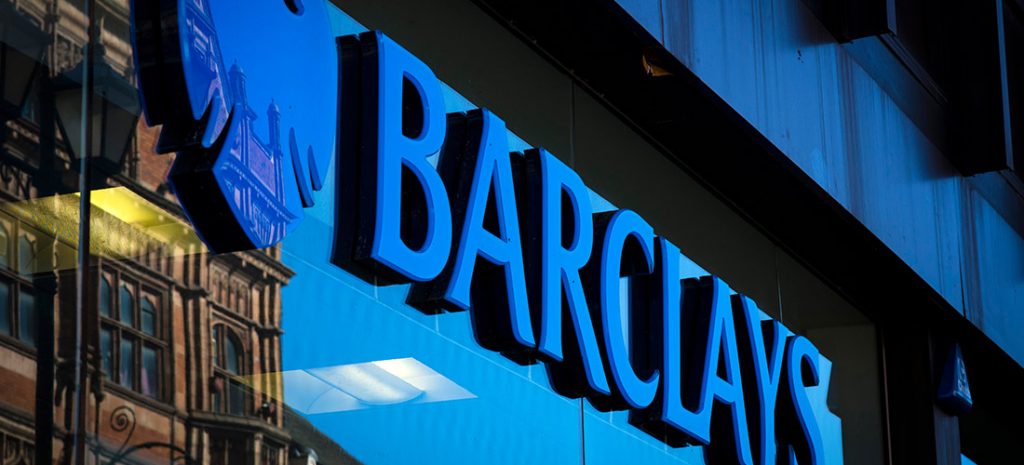Barclays has pledged to introduce a new tracking service for UK customers that aims to stop stolen accounts being accessed abroad. The opt-in service will track a customer’s location using their mobile phone’s GPS signal and allow bank staff to check if someone is in the same country as their debit or credit card. By having access to this information, Barclays is looking to root out fraudulent transactions and prevent cards being blocked when they have been legitimately used.
The latest figures from Financial Fraud Action UK show that fraud losses on UK-issued bank cards total more than £500 million, with reported incidents of financial fraud up 53 per cent in 2016. Whilst fraud is a serious issue for the banking industry, many campaigners claim Barclays’ latest anti-fraud measure is intrusive.
Renate Samson, from campaign group Big Brother Watch, said: “Customers should be fully informed and asked if they want this service, rather than it being buried in the terms and conditions. The other issue this raises is around data protection and whether your information is being shared with third parties. You should be fully informed as to who is getting your data and why.”
This is not the first time Barclays has looked to improve its customers’ mobile banking security with new technology. In August 2016 the company announced it would be implementing voice-recognition technology into its telephone banking system, enabling customers to access their accounts with just the sound of their voice, removing the need for security questions and passwords.
According to Barclays, the system will build a unique digital profile of a customer’s voice over time—during legitimate customer calls to banking operators—before offering them the chance to opt-in to the service once their profile is complete. It is thought that this new system is more secure than previous security measures as it monitors more than 100 characteristics of someone’s voice. Fraudsters will therefore be unable to mimic or copy a user’s individual voice and bypass security to gain illegal access to an account.
Voice-recognition technology is relatively new and unexplored in banking security, so its effectiveness in preventing fraudulent activity is hard to predict. However, it is refreshing to see large UK banking institutions attempt to find new ways to protect customers from fraud. As fraud continues to create huge financial losses for both banks and their customers, new innovative solutions are needed to ensure that customers remain protected wherever they are in the world.
Editorial credit: Electric Egg / Shutterstock.com


